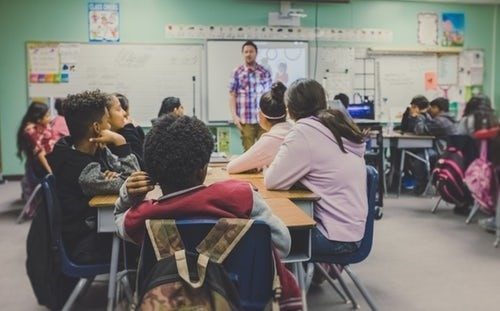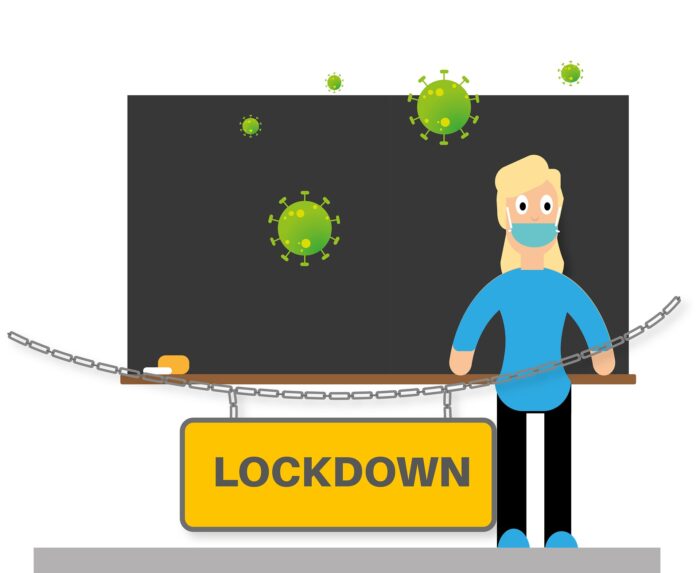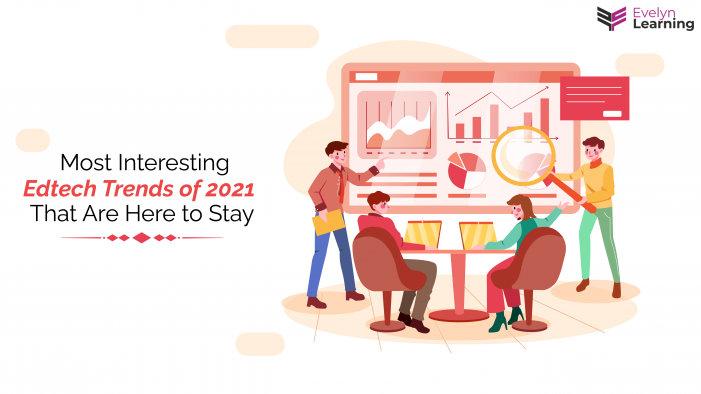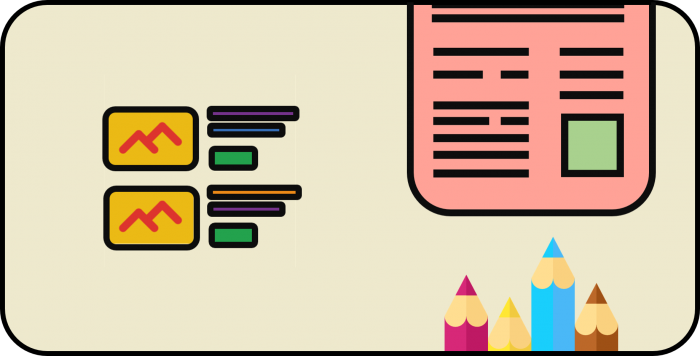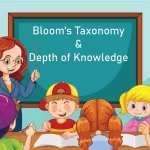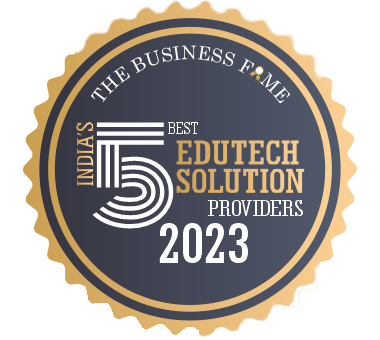Pedagogy refers to the study of teaching and learning in alignment with the predefined goals of education. In the teaching-learning process, there are two entities involved: the teacher and the student. Pedagogy acts as a bridge of communication between the two. It involves the methodologies to be adopted by the teacher to deliver a lesson and the techniques to assess the student’s response to the information being imparted.
To enhance the interaction between the teacher and students, educationists deem pedagogy as a tool of effective teaching and learning and have developed various effective pedagogical practices for the same. Read on to find out more about Pedagogy and its importance.
What is Pedagogy?
Pedagogy defines the methods adopted for conducting teaching-learning sessions using various strategies and approaches adopted by teachers to ensure the fulfillment of the objective. What is pedagogy in education? Pedagogy is highly influenced by educational psychology and child psychology. It is not just concerned with enhancing the methods of imparting education but also analyzing learners’ responses. All in all, its primary objective is to develop effective learning experiences.
Education has gone through a lot of transformation over the past many decades. It is within the reach of more learners than before. Also, today, formal education is available in many disciplines of learning for various categories of learners and is deliverable through technology-enabled channels. This has been possible because the pedagogical practices have also evolved with the changing world around. The demand for quality education is at an all-time high today. So, effective pedagogical approaches are of critical importance in providing quality education.
For a more detailed idea of pedagogy, readers may refer the article Pedagogy: What Educators Need to Know at TOPHAT.
Importance of Pedagogy in Teaching

Employing effective pedagogical approaches helps students achieve learning outcomes and realize their full educational potential. Quality teaching pedagogy provides strong foundations for learning. It aids students in developing advanced concepts and abilities. Also, the right pedagogy enables instructors to observe the academic progress of their students. The points listed below highlight the importance of pedagogy.
- A thoughtfully developed pedagogy improves the quality of teaching. It makes the student more receptive during learning sessions. Consequently, this improves the student’s level of participation in the teaching-learning process.
- An appropriate pedagogy helps impart education to students with different learning styles/abilities. Students develop a deeper understanding of the subject matter. Subsequently, this ensures the achievement of the learning outcomes of a program.
- A correct pedagogical approach is required for students with special needs and students from disadvantaged groups, viz. females or minorities. Also, it encourages them to be a part of the mainstream learning community.
- A thoughtfully developed teaching pedagogy example makes students develop higher-level cognitive skills, viz. analysis, synthesis, and evaluation. On the other hand, knowledge, comprehension, and application are lower-order cognitive skills in Bloom’s Taxonomy.
- Assessing student performance appropriately is an essential part of the learning experience. Effectively grading papers while being fair to all students is most critical. For a more detailed idea of grading papers, readers may go to Study Crumb and refer the article How to Grade Papers: A Quick Guide.
Factors Affecting Pedagogy

Various factors and pedagogy teaching methods influence the pedagogy adopted in the teaching-learning process. Some obvious factors are subject, curriculum, motivation to learn, and competence of the instructor. Additionally, the learning styles of students and the availability of infrastructure also influence the pedagogy. The following points elaborate on some of these factors.
1. Competence of the Instructor:
A competent teacher keeps the students motivated, interested, and eager to learn. Also, such an instructor employs a judicious blend of skills, abilities, and knowledge.
2. Learning Styles of the Students:
An idea about the students’ learning styles helps instructors adopt the appropriate pedagogical approach. Also, a pedagogical approach that complements students’ learning styles helps accelerate the learning process. It keeps students motivated and interested in learning.
3. Field of Study:
The field of study also influences the choice of pedagogy. For instance, physics requires a balance of theory and laboratory sessions. Political science, on the other hand, does not need laboratory sessions. Architecture requires field visits, besides theory and laboratory sessions.
4. Availability of Additional Resources:
Projectors, virtual laboratories, etc. help widen the scope of the teaching-learning process. Such educational resources keep the learning sessions alive and students engaged.
5. Education System:
The policies of an education system, curriculum standards, etc. also influence the pedagogical approach. For instance, an exam that tests the ability of a student to memorize and recall facts discourages the instructor from employing a learning pedagogy that develops higher-order thinking.
Types of Pedagogical Approaches

Effective pedagogical approaches are crucial in the effective delivery of knowledge to learners. The choice of a particular pedagogy depends on many factors, some of which have been discussed above. Also, pedagogy relates teachers, students, and learning with each other. It helps achieve academic outcomes. So, teachers are often advised by educationists to develop their own, unique pedagogical approach. Some pedagogical approaches described below are more general and ubiquitously adopted.
| Constructive Approach | Reflective Approach | Collaborative Approach | Integrative Approach | Inquiry-Based Approach |
Facilitator
|
|
|
|
|
Additional Pedagogical Approaches
There are several ways of classifying pedagogical methods and approaches. Effective and appropriate pedagogy at Learning Portal, UNESCO – IIEP classifies pedagogical approaches into three main types: teacher-centered pedagogy, learner-centered pedagogy, and learning-centered pedagogy. Regular classroom lectures and chorus answering are included in the teacher-centered pedagogical approach. In contrast, presentations, experiments, and case studies done by students are parts of the learner-centered pedagogy.
The development of human civilization brings transformations in education. These transformations lead to new challenges in the teaching-learning process. Eventually, these challenges lead to the evolution of more effective pedagogical approaches. This article is part of a series of articles on Pedagogy. For more, visit the blog pages at Evelyn Learning.
Additional References:
- Role of Pedagogy in Effective Teaching by Bhowmick1, Roy2, Banerjee3 at Basic Research Journals.
- Factors that Influence Academic Teacher’s Acceptance of E-Learning Technology in Blended Learning Environment at Intech Open.
- Integrative Pedagogy by Jouni Enqvist at Hame University of Applied Sciences, Finland.
Photo Credits: Unsplash
For further reading related to pedagogy and education standards, please visit the blog pages at Evelyn Learning.
Create Engage Inspire

